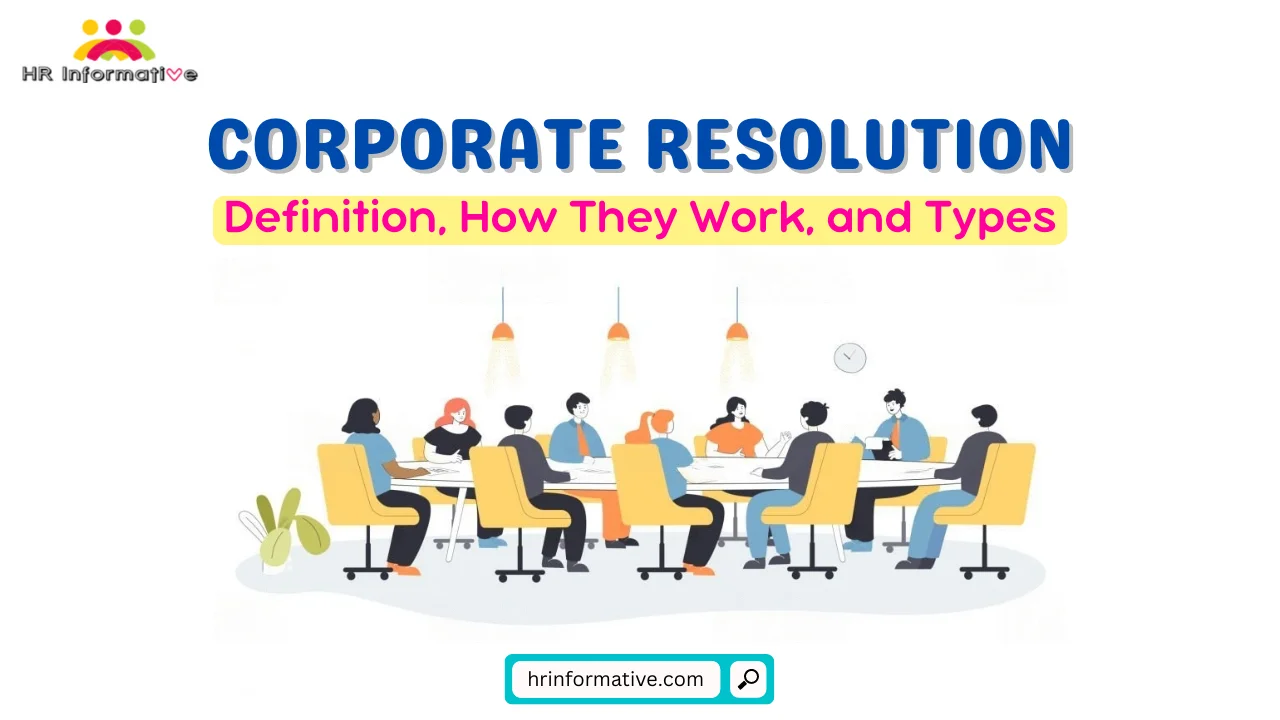Introduction
Leaving a job can be a complex process, often involving a mandatory notice period. But what if you need to leave sooner? That’s where the Buy Out Option comes in, offering a potential escape route from your contractual obligations.
This article delves into the intricacies of the Buy Out option, exploring its various forms, benefits, drawbacks, and key considerations for both employees and employers.
What is a Buy Out Option?
In simple terms, a Buy Out Option allows an employee to pay a specific amount to be released from their notice period obligation. This means you can leave your job sooner than the stipulated timeframe, without the burden of working those remaining days.
Companies may offer this option for various reasons, including:
- Reducing Costs: Filling your position immediately saves the company the expense of paying your salary during the notice period.
- Minimizing Disruption: A smooth handover between you and your replacement is easier if you’re not physically present.
- Accommodating Employee Needs: Buy-outs provide flexibility for employees who urgently need to leave due to personal or professional reasons.
Types of Buy Out Options
There are two main types of buy-out options:
- Notice Period Buy Out: This is the most common type, where you pay a sum equivalent to your salary for the unserved notice period.
- Vacation Time Buy Out: In some cases, companies might allow you to use accrued vacation days to fulfill a portion of the notice period, reducing the financial burden.
- Combined Buy Out: This option combines both salary and vacation days to shorten the notice period.
How to Make HR Policies More Transparent and Accessible
Factors to Consider Before Opting for a Buy Out
Before diving into a buy-out, carefully assess your situation:
- Financial implications: Calculate the exact cost of the buy-out compared to potential benefits like a quicker start at your new job.
- Company Policy: Not all companies offer buy-outs, so clarify their policy and get it in writing if they agree.
- Negotiation Power: Leverage your skills and experience to negotiate a favorable cost or partial buy-out.
- Tax Implications: Consult a tax advisor to understand how the buy-out payment might affect your taxes.
Benefits of Buy Out for Employees
For Employees:
- Faster Departure: You can leave your job sooner and start your new venture or pursue other opportunities without delay.
- Flexibility: The Buy Out option offers greater control over your transition timeline.
- Reduced Stress: You avoid the potential stress of working during a notice period when your mind may be elsewhere.
For Employers:
- Cost Savings: Filling a vacant position quickly can save the company money on recruitment and training costs.
- Improved Morale: A smooth transition can benefit remaining employees by reducing uncertainty and fostering a more positive work environment.
- Reduced Legal Risks: By offering a buy-out option, companies can potentially avoid legal disputes related to employee termination.
Drawbacks of Buy Out for Employees
- Financial Cost: The Buy Out amount can be significant, impacting your savings or requiring a loan.
- Tax Implications: Consult a financial advisor to understand the tax implications of receiving a lump sum Buy Out payment.
- Relationship with Employer: Opting for a Buy Out might affect your relationship with your current employer, potentially impacting future references.
Letters of Credit: A Vital Payment Method Facilitating International Trade
Considerations for Employers
- Impact on Workload: Ensure a smooth handover and minimal disruption to ongoing projects if an employee chooses to Buy Out.
- Policy Clarity: Clearly define the Buy Out option in employment contracts, including eligibility, costs, and procedures.
- Alternative Solutions: Consider offering flexible work arrangements or staggered departures to accommodate employee needs without resorting to a Buy Out.
Is the Buy Out Option legal?
Yes, the Buy Out option in employment contracts is generally legal in most countries, including India and the United States. However, its specific legality and regulations can vary depending on the jurisdiction and the terms of the individual contract.
Here’s a breakdown of the legality of Buy Out options:
General Legality:
- Contractual Freedom: The freedom to enter into contracts is a fundamental legal principle. As long as the Buy Out option is agreed upon by both parties willingly and without coercion, it is generally considered legal.
- No Specific Laws: In most jurisdictions, there are no specific laws prohibiting Buy Out options in employment contracts. However, they may be subject to broader labor laws and regulations regarding employee rights and termination.
Potential Legal Issues:
- Discrimination: The Buy Out option should not be discriminatory based on factors like race, gender, or age. If the employer offers Buy Out options only to certain employees or groups, it could raise legal concerns.
- Unfair Terms: The terms of the Buy Out option, such as the cost or other requirements, should be fair and reasonable. If the terms are excessively onerous or disadvantageous to the employee, the option could be deemed unfair or even exploitative.
- Public Policy: In some cases, public policy considerations may override the freedom of contract. For example, if a Buy Out option incentivizes employees to leave before they are eligible for vested benefits, it might be deemed contrary to public policy and therefore, illegal.
Final Thoughts
The Buy Out option can be a valuable tool for both employees and employers, but it’s crucial to weigh the benefits and drawbacks carefully before making a decision. Open communication, clear understanding of the terms, and careful financial planning are essential for navigating this path successfully.
Remember, communication and transparency are key throughout the process. Discuss your intentions openly with your company and ensure all agreements are documented to avoid any future complications. With careful planning and informed decision-making, a buy-out can help you navigate the job transition process smoothly and achieve your career goals faster.
FAQs
Q: What is a Buy Out option?
Ans: A Buy Out option allows an employee to pay a specific amount to be released from their contractual notice period obligation, enabling them to leave their job sooner than the stipulated timeframe.
Q: What are the types of Buy Out options?
Ans: The main types are notice period buy out, where you pay the equivalent of your remaining salary; vacation time buy out, where you use accrued vacation days to shorten the notice period; and combined buy out, which uses both salary and vacation days.
Q: What are the key benefits of a Buy Out for employees?
Ans: For employees, key benefits include faster departure, increased flexibility, reduced stress from not working the notice period, and the ability to pursue other opportunities more quickly.
Q: What are the potential drawbacks of a Buy Out for employees?
Ans: Drawbacks include the financial cost, possible negative tax implications, potential damage to relationships with the employer that could impact references, and forfeiting salary and benefits during the unserved notice period.
Q: When can a Buy Out option help employers?
Ans: Buy Outs can help employers by reducing costs associated with an open position, minimizing disruption from the transition, improving team morale, and reducing legal risks related to employee termination.
Q: Are Buy Out options legal?
Ans: Yes, Buy Out options are generally legal if agreed to willingly by both parties as part of the freedom to contract. However, specific regulations vary locally, and options should not be discriminatory or contain unfair terms.
Q: What should employers consider before offering a Buy Out?
Ans: Key considerations include impact on workload, policy clarity in contracts, alternative solutions to accommodate employees, and ensuring the option does not incentivize forfeiting vested benefits.
Q: What is important for employees considering a Buy Out?
Ans: Employees should carefully assess the financial costs, consult on tax implications, consider any impact on references, and negotiate favorable terms by highlighting their experience and skills.
You May Like Also :



